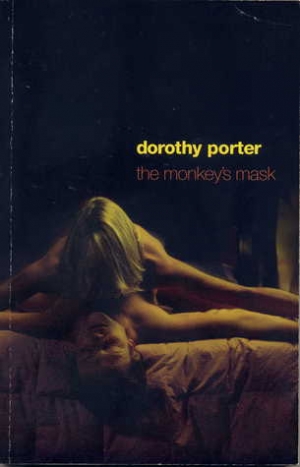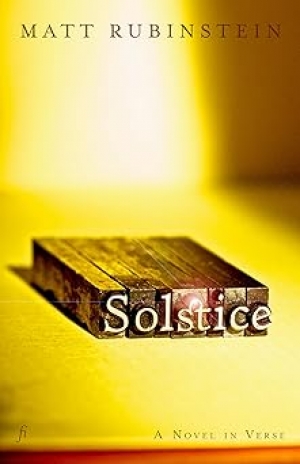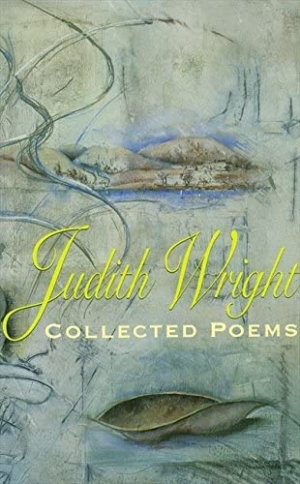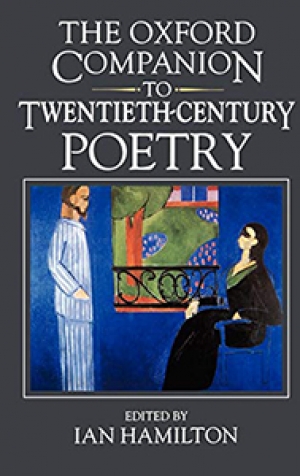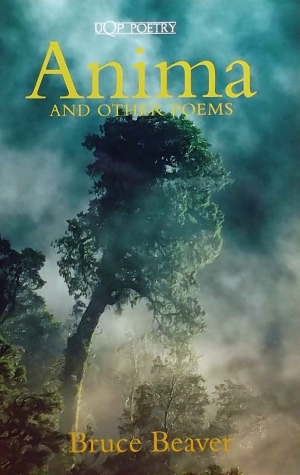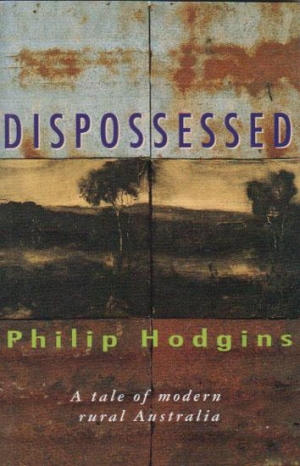Poetry
Dorothy Porter has been called an audacious poet. She has been called a sexy read. Doug Anderson described her as ‘One of our most exuberant and perceptive purveyors of passion.’ With the publication of her latest book, The Monkey’s Mask, Porter’s reputation stands firm.
... (read more)Suzanne Donisthorpe reviews 'Solstice' by Matt Rubinstein
When reviewing Matthew Rubinstein,
One is tempted to revert to rhyme.
This opus he has undertaken
Has left me somewhat pale and shaken
At the audacity of his task.
What possessed him, one well may ask
To undertake this mammoth effort?
To play with all that he’s been taught
From Seth, Shakespeare and Tolkien too
It’s really quite a thing to do.
But does it work? Now there’s the rub …
What future for this gifted cub?
A few years ago I found myself grouped with some other poets and given a label: ‘Generation of ‘68’. Like most tags it became after a while more a source of irritation than anything else. The description had been given by John Tranter to the inmates of his 1979 anthology, The New Australian Poetry, but before long had become a term of collective abuse as such labels tend to. One of the identified failings of this group of writers was their propensity for ‘game-playing’. So when Geoffrey Lehmann and Robert Gray included poems by one of the ‘sixty-eighters’ in their anthology, The Younger Australian Poets, they prefaced Tranter’s pieces saying they had chosen things which, unlike most of his work, were not purely ‘language-game’ poems.
... (read more)National Library of Australia Essay | 'Vast spaces, quiet voices: Chinese connections in Australian poetry' by Fay Zwicky
Without the support of a recognisably unified literary tradition, the Australian poet has had to come to terms with the diverse elements of an increasingly heterogeneous culture. Australia is, was, and ever shall be, someone else’s country, a homeland so fundamentally altered as a concept as to be no longer comfortably recognisable as ‘Home’. Paradoxically, if anything has drawn Australian poets together, it has been a strong attachment to the physical environment, the strange and often harsh beauty of an ancient land but one no longer a comfortingly European possession. As far as forms, genres, literary concepts are concerned, writers have had to draw on their own particular sense of a cultural past that has been, for the most part, European in origin. With the passing of time, a growing disharmony has arisen between the natural rhythms of the land and its hapless European inheritors. This alienation has announced itself often enough in poems of nostalgia, loss, and lovelessness.
... (read more)Geoffrey Dutton reviews 'Collected Poems' by Judith Wright
In 1956, A Book of Australian Verse, edited by Judith Wright, was published by Oxford University Press. Her choice of her own poems included ‘Bullocky’ and a couple of others, the over-anthologising of which, at the expense of her other work, was later understandably to provoke her exasperation.
... (read more)Interview with Meredith McKinney on translating Judith Wright
Anyone who has had the experience of trying to translate a poem across even a fairly low-density language barrier (say German or French into English) will have tasted the near despair of finding oneself in danger of killing that in the creature that one most wanted to save. Sometimes it feels like cutting down the tree and whittling from the wood a mere mock replica of it – the sap goes, the leaves in all their lively beauty disappear, and at best there’s an artifact which cleverly reproduces the mere outlines of what was once brimming with life.
... (read more)Pam Brown reviews 'The Oxford Companion to Twentieth-Century Poetry in English' edited by Ian Hamilton
As a preliminary I must say, frankly, that I am hardly interested in canonised literary culture. And having known for a long time that it is absurd to criticise the conventional literary establishment and then expect its attention or affection, I can also say that canonical inclusion has never been a personal aspiration. However, I am alert to the ramifications of the processes of historicisation. I don’t want to sound high-falutin’ but I’ll begin with Nietzsche who began his enquiry into the value of history with a gem from Goethe: ‘In any case I hate everything that merely instructs me without augmenting or directly invigorating my activity.’
... (read more)What do we do, where do we go to get beyond the routines of the self and the paradoxical alienation it produces in both ourselves and in others? Is it possible to break down the shell of separation and deal with others from a perspective that is neither ‘self- or need-observed’? These are the questions that occupy Bruce Beaver in many of the poems in this collection, and one that he traces through an engaging variety of forms and themes.
... (read more)When I visited Bruce and Brenda Beaver in their Manly flat it was a sparkling day. The water of the Harbour was glittering, and the pines on the foreshore were stirring only slightly in the breeze. But, however soothing the weather, I was nervous. For me, Bruce Beaver is huge, a poet of the first order, and his extraordinarily difficult life, the periods of debilitating sickness and the various almost mythic stories that attach themselves to his history, all added up to make me feel very nervous indeed.
And his wife, Brenda had made it very clear that my being able to come to see him was a privilege. She protects him fiercely, with constant courage, and if I hadn’t read Bruce Beaver’s superb love poems to this woman, I would have been even more nervous when my companion and I knocked on their door.
... (read more)With unsentimental compassion and irony, Dispossessed tackles the weighty topic of the rural crisis. In a sense the title of Phillip Hodgins’s verse novella gives too much away, casting a deliberate shadow over all that follows. Yet the manner in which Hodgins spins his yam is constantly engaging.
... (read more)

